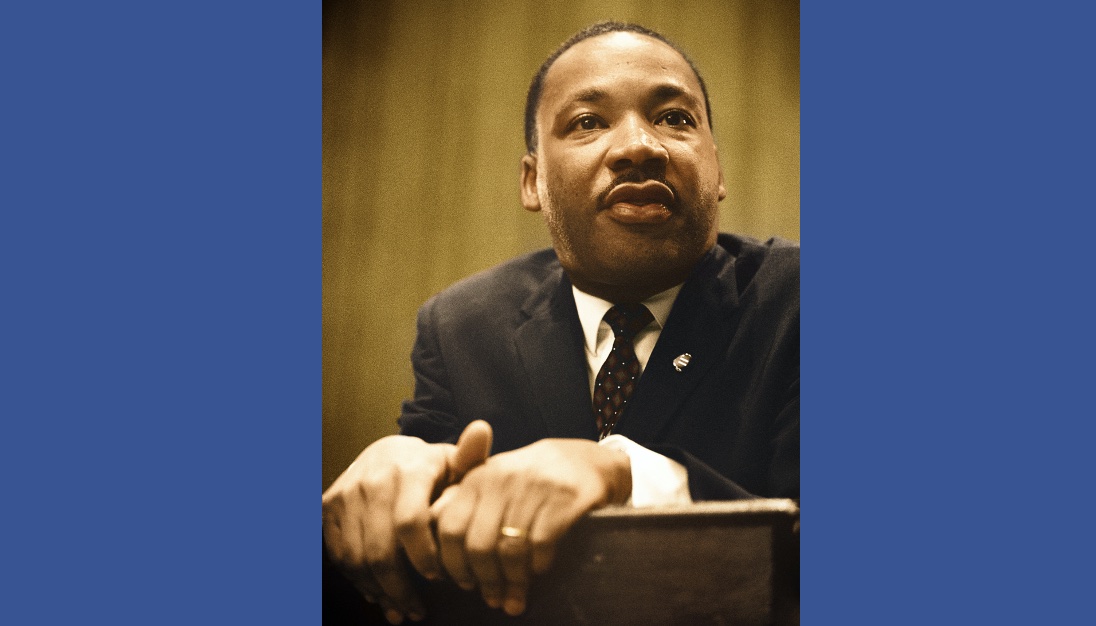Serving a Higher Purpose

More and more, new generations of workers want to feel a sense of purpose in their work. In this excerpt from The Shift from Me to Team, we consider how business leaders should respond.
A REQUEST: We would appreciate your feedback. Please share what you like and what could be improved. #leadership #team #PeakPerformance #CoreIdentity #teamdevelopment #ShiftFromMeToTeam #purpose
It is uplifting to see the desire of recent college graduates to do something of significance. Many are more passionate about contributing to the benefit of others than making money. A survey by the brand consultancy Calling Brands revealed that working for an organization with a clearly defined purpose is second only to pay and benefits. Two-thirds shared that a higher purpose would motivate them to go the extra mile for the organization. Similarly, a survey by social and environmental justice organization Net Impact showed that almost half of today’s workforce would take a 15% pay cut to work for an organization with an inspiring purpose.
This change in job motivation is interesting when viewed in the context of the Four Stages of Fulfillment we described in Section II as we assess our levels of maturity.
Stage I Fulfillment: Meeting Our Primary Physical Needs. Many current graduates have not had to worry about their next meal or having a roof over their heads. Primary physical needs can be, and often are taken for granted.
Stage II Fulfillment: Learning, Growing, and Competing. Many college graduates have been competing for as long as they can remember. Starting in elementary school, they were graded on academic achievement and whether they made the athletic team, the band, the choir, or the debate team. They have succeeded in the past and possess what it takes to achieve at the next level. They want to be in the big game and experience the feeling of significant personal accomplishment.
Stage III Fulfillment: Benefiting Others. Having had their Stages I and II Fulfillment needs met, many college graduates are inspired by serving a greater purpose than just money. They desire to make a significant contribution to society with the competency built during their years in school. This desire for significance in addressing a societal need at an earlier age than in the past is on the rise—they want to positively impact society right away.
Stage IV Fulfillment: Creating a Better Tomorrow. This is a stretch for young people, and this legacy stage usually is not understood until later in life, perhaps in mature adulthood. Still, many of them are inspired by the stories of young people who have made transformational, long-lasting contributions.
For young people, desiring a higher level of fulfillment is admirable. The concern is that their journey thus far through the jungle of life has not been long enough to have built the foundation of competencies, experiences, and networking connections that are fundamental to making a significant contribution.
The wisest of us cannot list that which we do not know.
Perception is everything, as we do not know what we do not know; connecting the dots can seem too straightforward. How do leaders inform younger generations that they do not know what they do not know . . . respectfully? How do leaders do this in terms the young will see as a growth opportunity rather than being put down, thwarted, or disrespected?
There may be no one correct way to inform them that they are not ready for those responsibilities. However, we have found that leaders who genuinely care for (love) their team members can have challenging and life-altering conversations. The exchange is caring about the team member. It is about sharing the avenues for them to gain the competencies, connections, and experiences to achieve what is so deeply meaningful to them.
The answer to why younger generations expect more earlier may be found in a conversation that unfolded at one of our Introduction to the Foundation of Greatness seminars. We ended early one day and asked for thoughts on what the participants had learned. One gentleman asked if it may be possible that the age at which we mature has changed over the last 100-200 years. He explained:
Hundreds of years ago, we were much less self-sufficient and more of an interdependent rural agricultural society. We lived on farms or in neighborhoods where we looked after each other because we needed help to survive. You learned to help your neighbor put up their barn or fix their equipment at a young age; you learned you had to be there for each other. So, the sacrifice required for Stage III Fulfillment, Benefiting Others, was realized as a young teenager in the past. But today’s younger generation desires good feelings although they have not put in the work effort and experienced the delayed gratification required.
Today, we have fences between our homes and hardly know our neighbors. We do not need each other, and we may even be proud that we do not need each other. As a result, maturity may come to us later in life than in the past.
Perhaps today, we do not have to grow up as fast as before?
The ensuing animated, open discussion supported that he was onto something. Change is constant, and while we need to learn and grow through the Four Stages of Fulfillment, we must understand that the developmental opportunities required for advancing from one level to the next most likely has changed over centuries.






